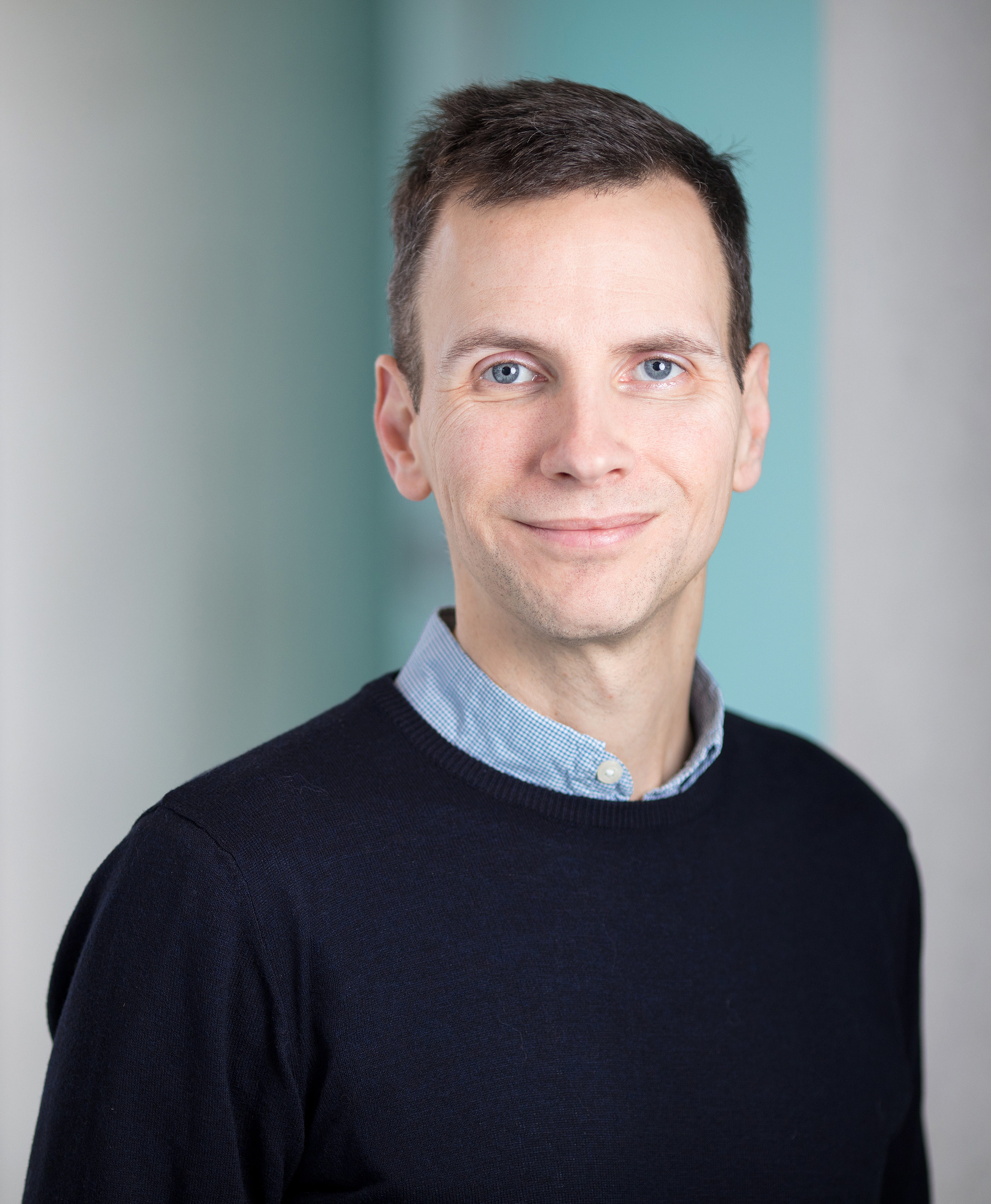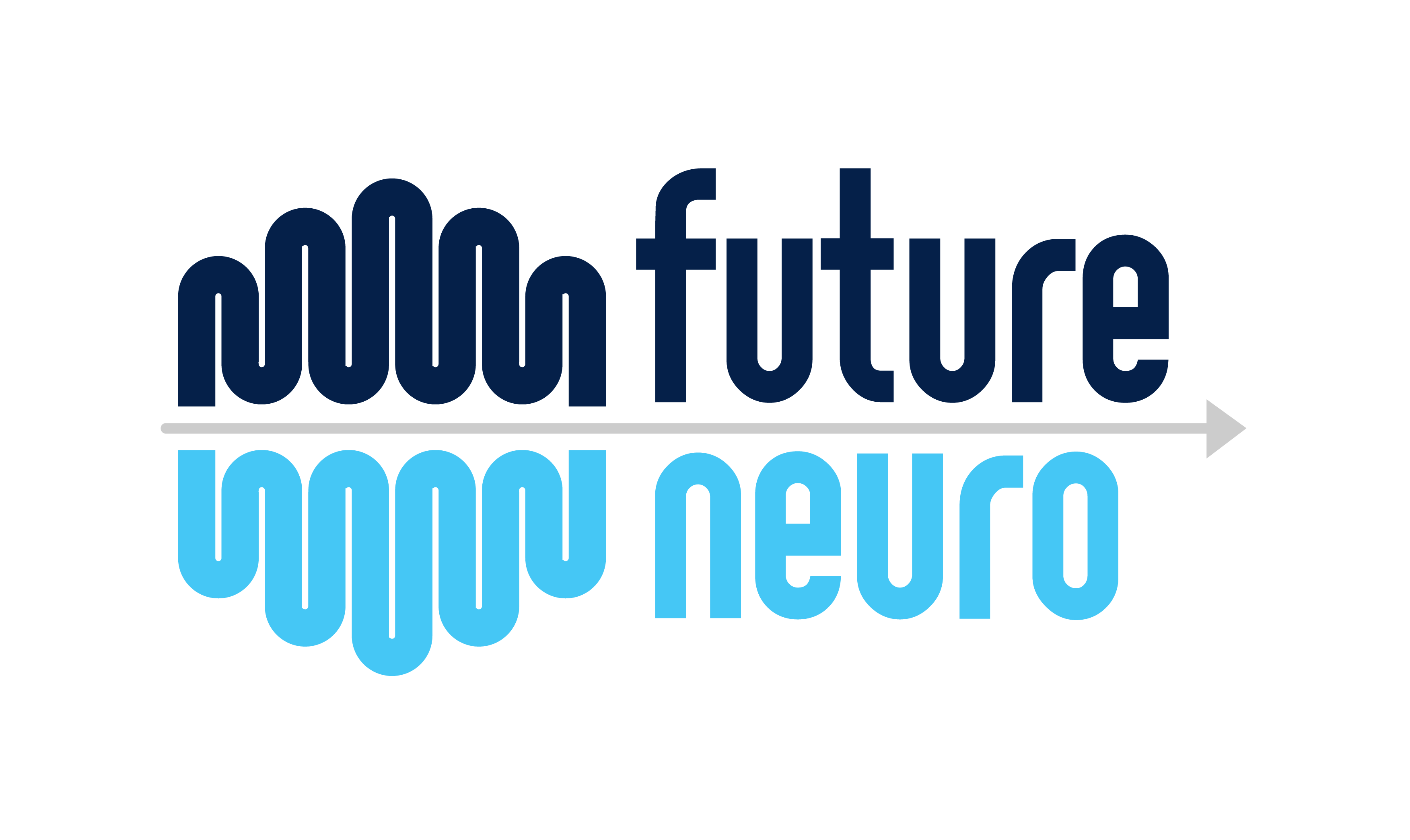FutureNeuro delighted to be part of the LifeTime research community announced in Nature
FutureNeuro has become a member of an exciting new European initiative, which was just announced in Nature. Prof. David Henhall, our Director explains what our involvement is and how it will benefit people with neurological diseases in Ireland.

Where and how do complex human diseases begin? In some cases, it appears to be the result of an error in a single cell or in a groups of cells. As they diverge from their normal behaviours they co-opt other cells in the process. The idea that disease can be traced back to events in individual cells has important implications for cancer and other diseases. If this process can be understood, it would enable new treatments to be delivered to specific cells at the right time. The availability of methods to sequence and decode an individual cell’s genome and map out the molecular and physiological landscape is just now becoming widely available. This is truly disruptive technology and has the potential to revolutionise how scientists and clinicians track, understand and treat human diseases. In the case of brain diseases, it offers the promise of being able to assemble a complete picture of how every cell in the human brain is operating at a given time leading to profound insights not imaginable a few years ago.
LifeTime is a major new European research initiative funded by the EU’s research programme. Announced today in Nature, the project is a long-term commitment to scientific and clinical research underpinned by a focus on continual technology development. The project features over 90 of Europe’s top research centres and will cover numerous disease areas including cancer, aging and epilepsy and research disciplines including genetics, neuroscience, computer modelling and gene therapy. The article in Nature introduces a new concept of “Interceptive medicine”, outlines the vision for the initiative, the challenges faced such as how to redirect cells from a disease trajectory, what further technological advances are needed, how particular stakeholders including patients will be involved, the disease priorities, and some of the expected impacts.
As Director of FutureNeuro, I am delighted that we are members of the LifeTime research community. The launch of the LifeTime initiative is a landmark achievement for European health research and fantastic opportunity for FutureNeuro to participate in ground-breaking work at the cutting edge of scientific knowledge. This opportunity is being grasped, particularly by our host institute, RCSI with the recent investment by the Office of Research & Innovation in the leading single cell sequencing technology platform (10x Genomics), now installed in the FutureNeuro laboratories in RCSI. This will have wide-ranging benefits for basic and translational research by creating unique research capabilities and collaboration with our clinicians who have access to patient tissue and cells, transforming our abilities to contribute to understanding disease mechanisms and using that knowledge to design new precision therapies that are so desperately needed by people with neurological diseases.
Ambitious perspective for #Europe:#LifeTimeInitiative & improving #European #healthcare through cell-based #interceptivemedicine
Out in @Nature today!!!https://t.co/i8aAvQbQgc pic.twitter.com/PdOiQehbwJ— LifeTime Initiative (@LifeTimeIni) September 7, 2020
Read the full article in the latest issue of Nature and learn more about LifeTime by reading the LifeTime Strategic Research Agendahttps://lifetime-initiative.eu/wp-content/uploads/2020/08/LifeTime-Strategic-Research-Agenda.pdf

